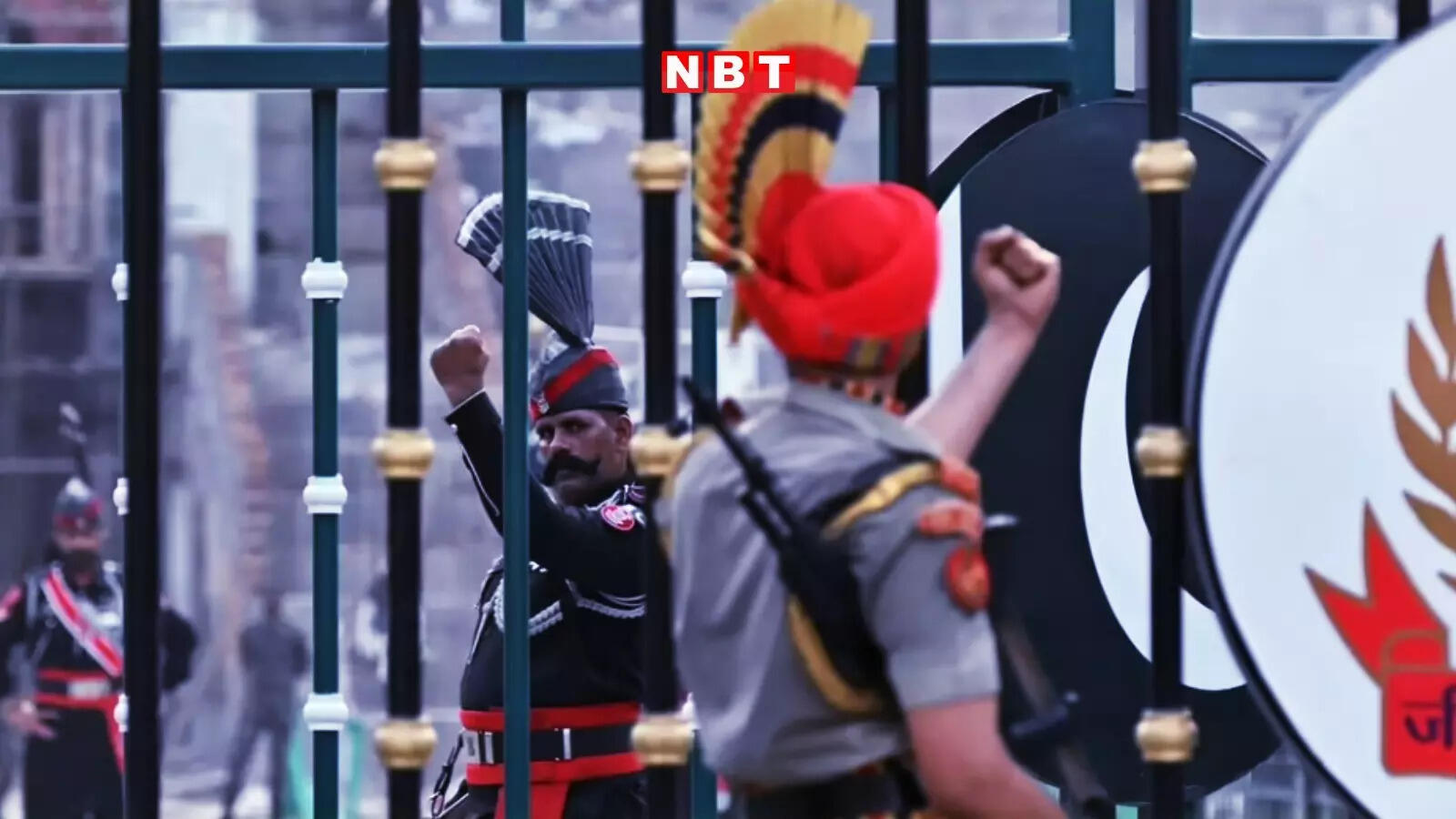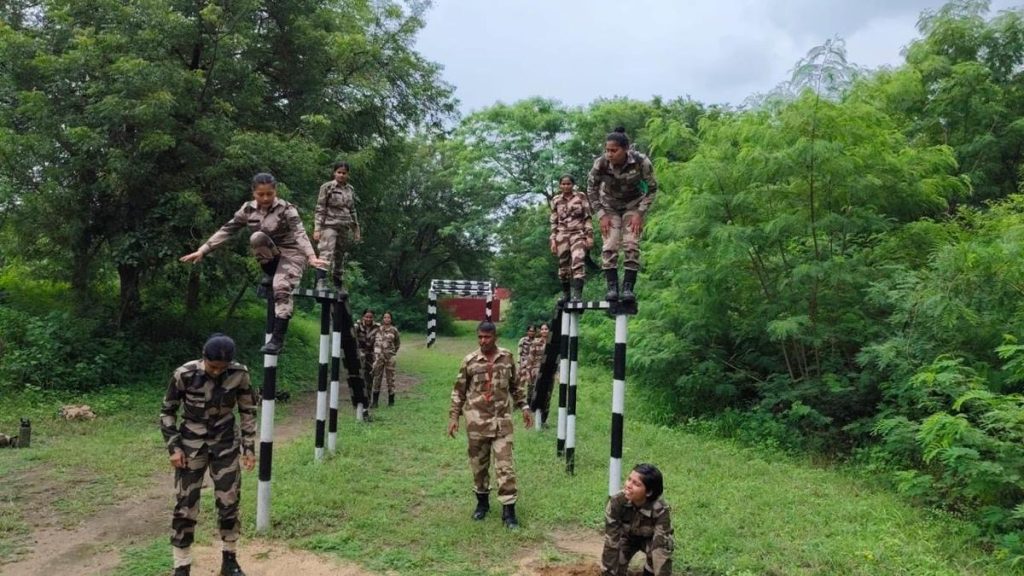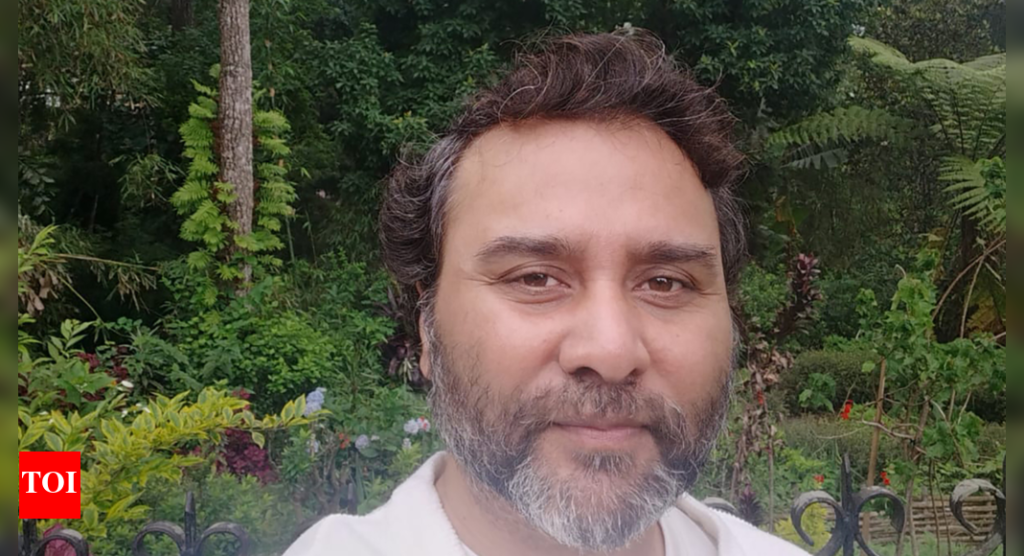Now Reading: भारत-पाकिस्तान ने विदेश में कूटनीति आजमाई: किसके पक्ष में झुकी तराजू?
-
01
भारत-पाकिस्तान ने विदेश में कूटनीति आजमाई: किसके पक्ष में झुकी तराजू?
भारत-पाकिस्तान ने विदेश में कूटनीति आजमाई: किसके पक्ष में झुकी तराजू?

Quick Summary
- A diplomatic contest emerged between India and Pakistan following a military clash.
- Both nations dispatched delegations to global capitals, including London, to present their narratives and garner international support.
- India’s delegation included MPs from various political parties, reflecting unity. Key members where Ravi Shankar prasad and Pankaj saran.
- Pakistan’s delegation emphasized technical expertise and featured figures like Sherry Rehman and Bilawal Bhutto Zardari.
- india positioned “Operation sindoor” as part of a broader anti-terrorism policy, highlighting terrorism as a global threat with reference to Western nations facing similar issues. Pakistan was labeled as the hub of terrorism.
- Indian representatives faced mixed reactions: while many sympathized with India’s position post-Pulwama attack,few openly condemned Pakistan. There was criticism of their interaction approach-formal in think tanks but emotionally charged interactions with overseas Indians.
- Challenges arose for India when questioned about domestic radicalization linked to the Pulwama attackers being Indian citizens; responses lacked depth.
- Pakistan advocated dialog while pressing legal claims on Kashmir via UN resolutions. They called for fairness in investigating Pulwama but contradicted peace narratives by celebrating alleged military victories over India.
Indian Opinion Analysis
The diplomatic engagements by both nations underscore enduring regional tensions post-Pulwama attack. India’s united political front sent an effective message globally about its national resolve against terrorism; however, struggles in addressing domestic vulnerabilities surrounding internal radicalization slightly diluted this image. Conversely, while Pakistan gained traction by framing issues like Sindhu Water Treaty implications or advocating dialogue on Kashmir, inconsistent messaging-asserting peace yet provoking on other fronts-impacted credibility.
The broader significance lies in how international reception split: clearer alignment from some Western allies with anti-terrorism appeals versus limited condemnation towards militant sources within Pakistan given geopolitical complexities. For policymakers in New Delhi, refining crisis communication strategies is essential to maintain influence abroad while managing nuanced questions around internal security challenges domestically.




























